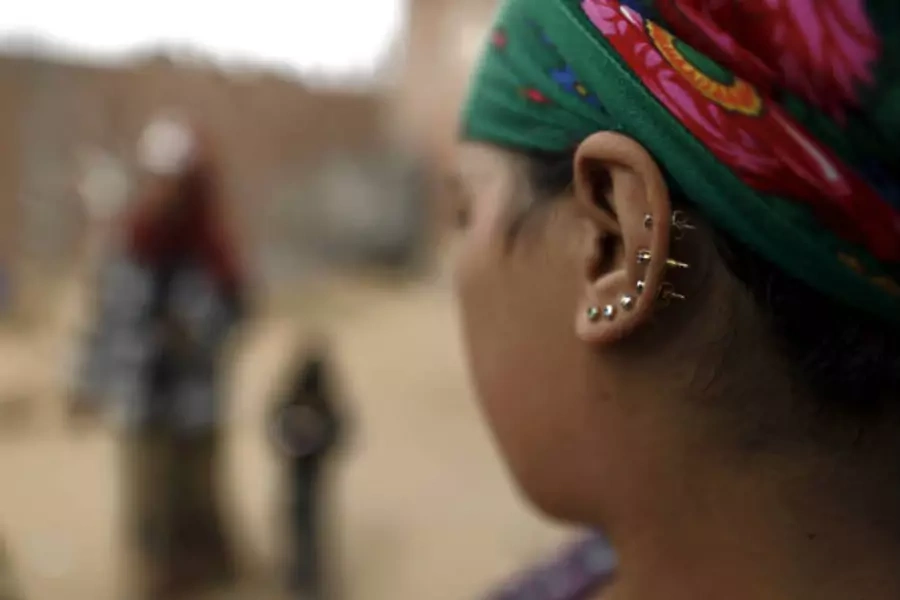Women Around the World: This Week

More on:
Welcome to “Women Around the World: This Week,” a series that highlights noteworthy news related to women and U.S. foreign policy. This week’s post, covering from October 21 to October 29, was compiled with support from Becky Allen, Anne Connell, and Lauren Hoffman.
Women’s rights in Tunisia
Tunisia’s parliament will debate a landmark gender-based violence bill this month that is poised to pass by the end of the year. The bill introduces significant new provisions to combat violence against women and girls, including criminalizing marital rape, eliminating pardons for perpetrators of violence who marry their victims, and incorporating definitions of gender-based violence into existing law. Proponents of the bill are predominantly members of the Ennahda party, a moderate Islamist party. As one female Ennahda parliamentarian asserted, “We see no contradiction between Islam and protecting women’s rights.” The new bill is the latest of a number of reforms following the overthrow of President Zine el Abidine Ben Ali in 2011: Tunisia’s new constitution was regarded by many as a breakthrough for women’s rights, with provisions establishing a woman’s right to divorce, run for political office, and marry by mutual consent; Tunisia passed a National Plan of Action to end violence against women; and one-third of the Tunisian parliament is now female. Nevertheless, in many areas, such as inheritance law, legal gender inequalities persist, and violence against women remains pervasive throughout the country, with nearly half of Tunisian women affected, according to recent estimates.
Marital naming law in Japan
Women in Japan have been speaking out against Japanese marital naming law, arguing that keeping a given surname is a fundamental right critical to independence, identity, and employment. Last winter, Japan’s Supreme Court upheld the nineteenth-century law requiring married couples to share a surname. While the law technically allows a husband and wife to choose whose surname to adopt, in practice, the husband’s name is used in over 96 percent of marriages. A recent case brought the Tokyo District Court reignited debate on the issue: the court rejected a request from a teacher to use her maiden name professionally, despite her argument that she had built relationships and published under her maiden name. The court, composed of three male judges, ruled that the law was neither a violation of the teacher’s rights nor Japan’s Civil Code. Critics suggest, however, that the law hampers the Japanese government’s efforts to make workplaces more equitable. Opponents have been battling against the law for over a decade, with little success to date; Japan’s justice ministry sought legal reform ten years ago, but the ruling Liberal Democratic Party rejected a proposed amendment.
Female forces deploy to India-China border
The number of women personnel deployed by the Indo-Tibetan Border Police (ITBP) swelled to a record one-hundred stationed at fifteen checkpoints this week, a significant uptick from the twelve women at five posts near the border a year ago. As part of a government initiative to make forces more inclusive, women are now deployed at forward operating posts in areas of harsh climatic conditions and extreme mountainous terrain. The majority of the newest forces have been sent to the Ladakh frontier in Jammu and Kashmir, and some have been posted at other locations in Himachal Pradesh, Uttarakhand, Sikkim, and Arunachal Pradesh. More women personnel are expected to follow: earlier this year, the ITBP commissioned five-hundred women troops for deployment at the India-China border after completion of an intensive 44-week training in battle craft and mountain survival. The ITBP’s Director General Krishna Chaudhary stated during a recent press conference that the police force now has a total of 1,661 women personnel in various ranks and will continue to deploy women mahila combatants at forward operating posts.
More on:
 Online Store
Online Store